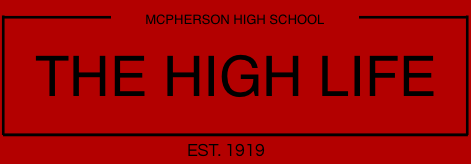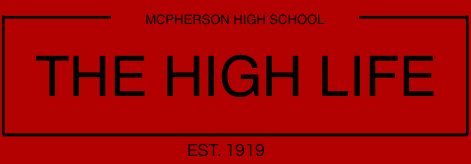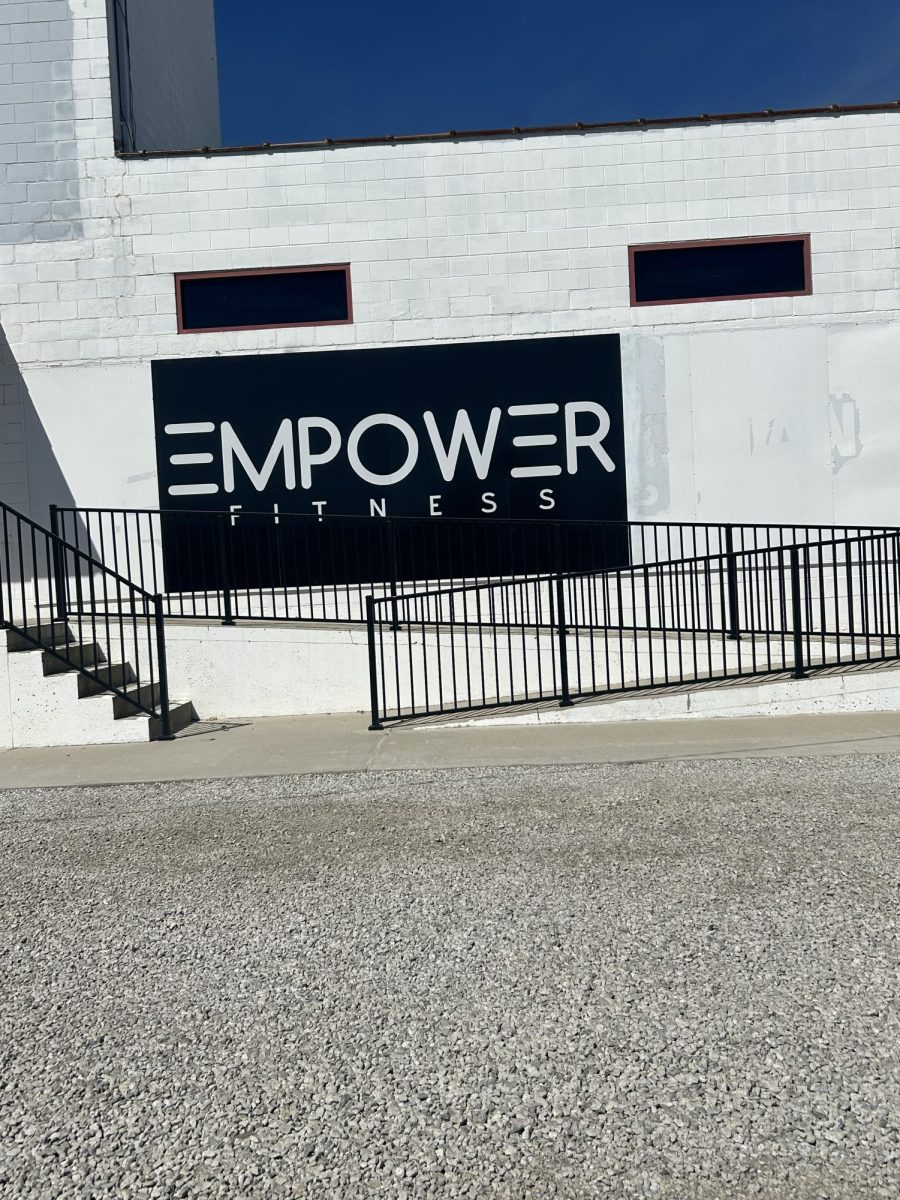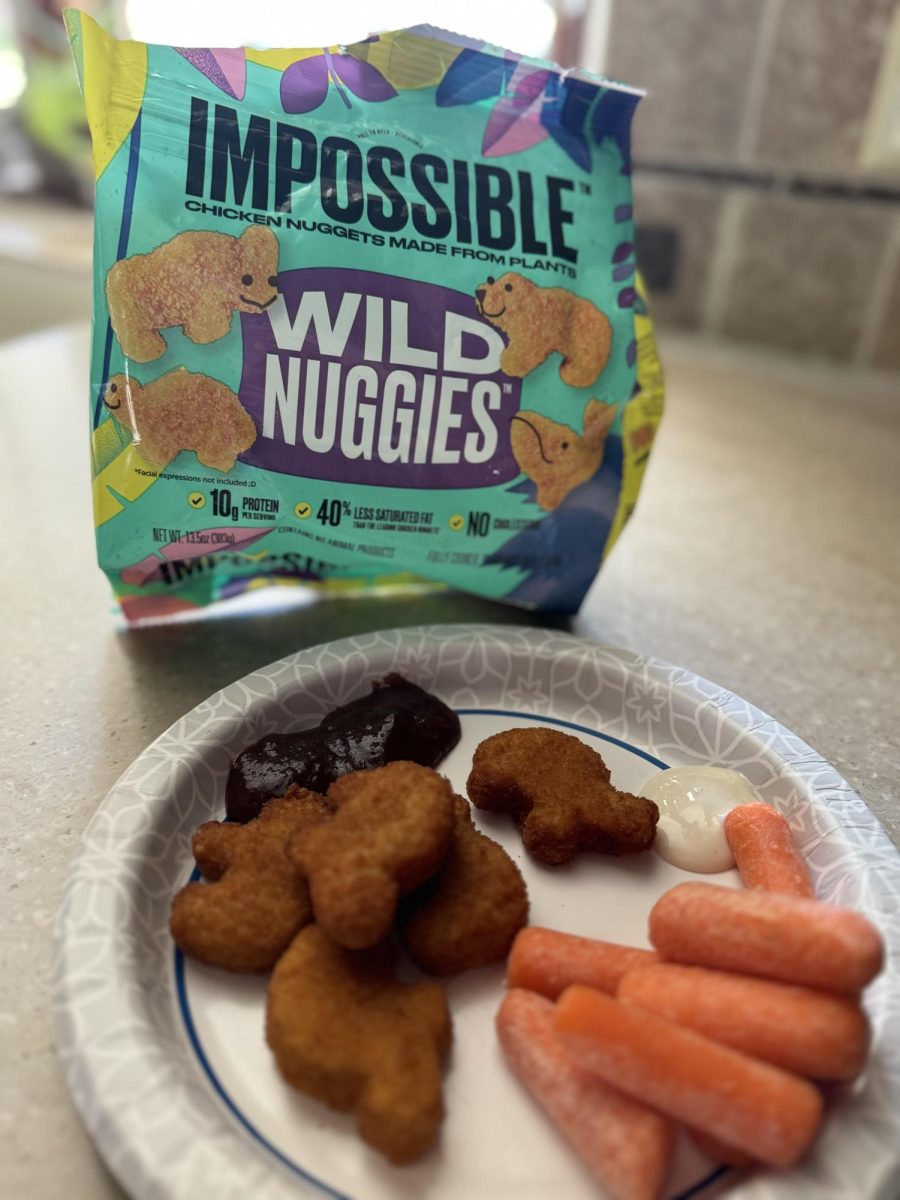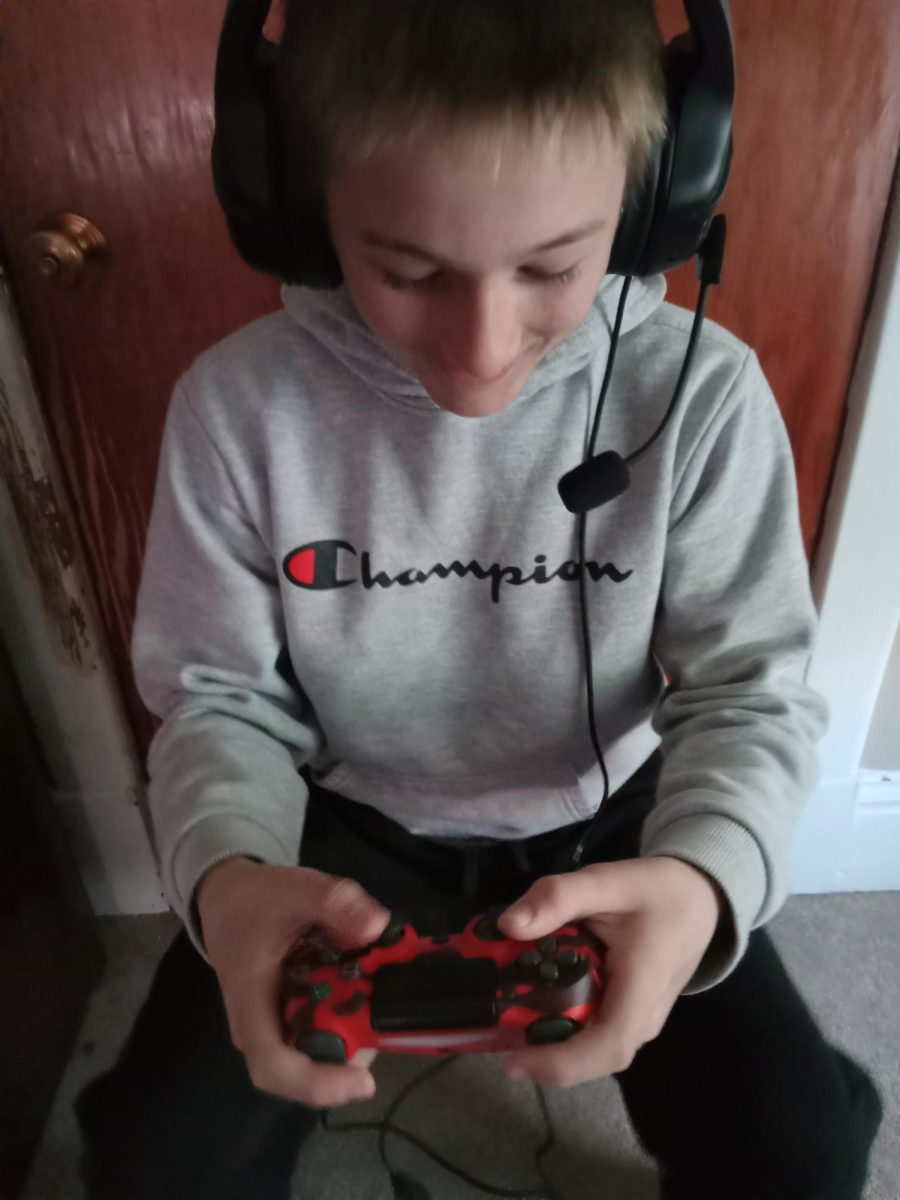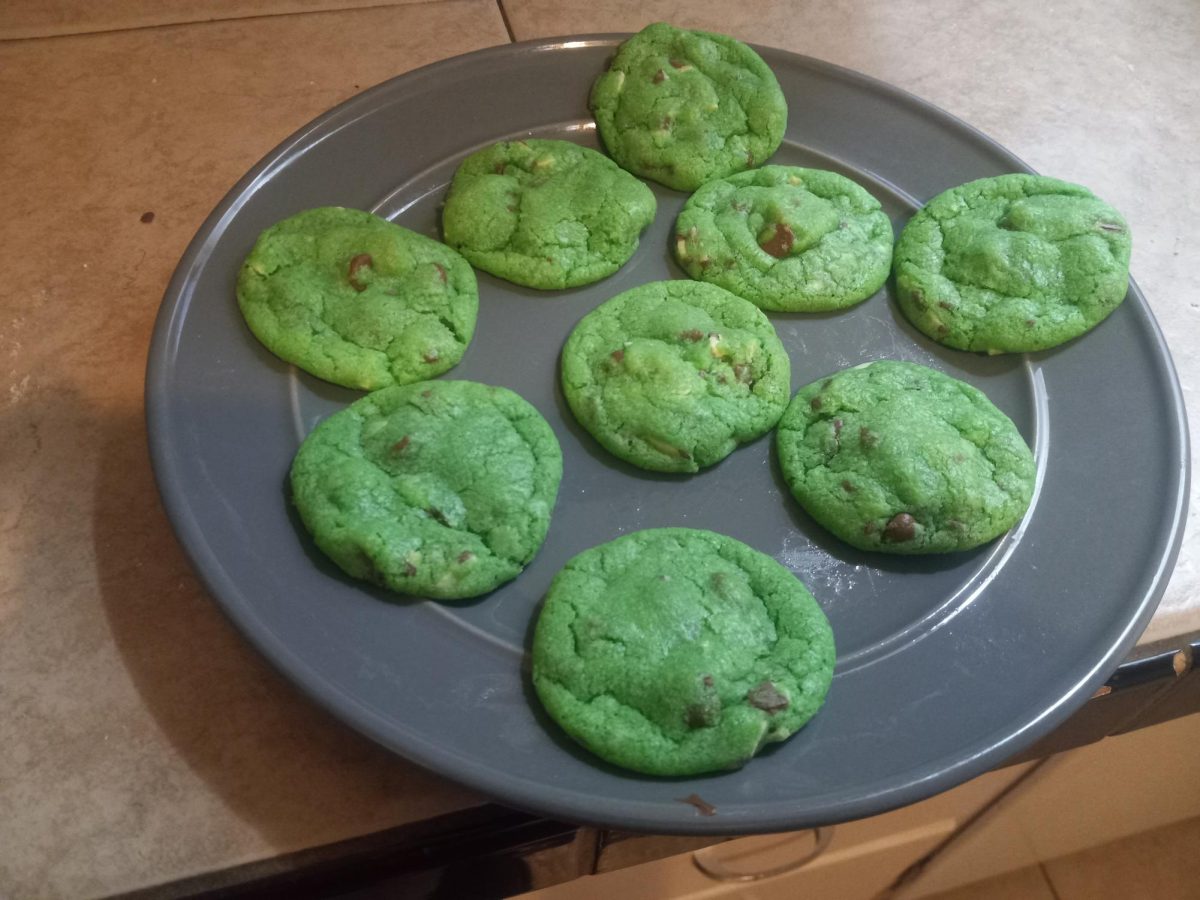Inside Scoop of Veganism
May 22, 2018
What does “Vegan” mean?
I’ve always wanted to know the full story on what being vegan actually means. A vegan diet is understood to shun meat, eggs, milk, wool, leather, honey, etc. It might be a well thought out diet that can offer a fulfillment of following what you believe and help you enjoy living a longer, healthier life, but it might not. You may be thinking that it could be an easy diet, but getting all of the nutrients that your body needs is quite difficult. In order to be vegan you need to understand all of the advantages and disadvantages to maintain a healthy body without the use of animal products.
Commonly asked questions
Understanding the vegan lifestyle is baffling considering all of the nutrients that our bodies need and proteins to keep our organs and muscles healthy. Studies show that men need to consume about 54 grams of protein a day and women need around 46 grams. A commonly asked question is “How do vegans get all of the proteins and nutrients that their bodies need?”
The main job for proteins is to keep the bones, muscles, and organs healthy along with its building block called amino acid which helps with the metabolism. For non vegans the common types of proteins consumed are white meats like chicken, dairy, seafood, beans, and other meats. Americans consume too much protein like red meats which is not the healthy way of getting protein for the body.
Now because vegans can’t have meats like chicken or dairy they have look up to having soy. Soy is a meat free and complete protein. Rice and beans is the simple path to go because of house easy they are to prepare, they are cheap and they are the best source of protein. A native mediterranean option are lentils which is great for the gut, reduces chances of having cancer and helps with body weight.
Health benefits
Vegans are often misunderstood for the beliefs that they have for animals. The vegan lifestyle can go way beyond just animal rights though. Following the vegan diet has multiple health benefits that can prevent certain diseases that are striking people in America today.
In the vegan lifestyle there is a reduced amount of saturated fats. Dairy products and meats contain the most amount of saturated fats. Getting rid of the dairy and meat in the vegan lifestyle can improve your cardiovascular health. This diet also reduces the risk for type 2 diabetes and heart disease as well as stroke and heart attacks. Studies have shown that women who eat less amounts of animal products have a lower chance of getting breast cancer then women who eat more.
Vegan diets not only have just great health benefits; they have physical benefits too! A few examples of physical benefits include energy level, weight loss, body odor, and even PMS for women. While following the correct vegan diet for yourself, you will find that your energy level has become higher.
Every person gets body odor but tries to cover it up, the vegan diet may help with that. By eliminating dairy and meat from your normal diet can help with reducing the odor and help with smelling better.
PMS which stands for premenstrual syndrome is a case that appears normally in about all women. Some symptoms include mood swings, food cravings, fatigue, irritability and bloating. Studies have shown that with the vegan diet, the symptoms can be a lot less intense and good possibly disappear altogether.
Disadvantages
All though the vegan diet seems easy, it does have some cons that may have an impact on your own diet. Genetically modified crops, also known as GMOs, have been artificially altered to produce a desired characteristic. A common genetically modified product is soy. Many soy products as well as vegetarian meat are extremely unhealthy for the body because of how heavily processed it is which makes it hard for the body to digest.
The main belief as a vegan is to avoid animal based products. A strong component in a non vegan diet is the amount of proteins and nutrients our bodies get as well as iron. Meat, eggs, and fish are a familiar source of protein for non vegans. Vegans, because of their beliefs have to turn towards nuts and beans to get the protein that the body needs.
Iron deficiency can lead to fatigue and problems with how the brain functions. Breakfast cereals with iron, soybeans, white beans, etc are good sources of iron for vegans. If vegans don’t consume iron enough regularly then they may need to start taking an iron supplement. Vegans may need to take a vitamin B12 supplement to get the 2.4 micrograms per day since this vitamin is found in most animal products.
Substitutions
There are plenty of products that vegans can use to make their cooking a whole lot easier. A few common foods in the non vegan diet that need substitutions are milk, meat, and ice cream. Milk has a variety of options to choose from which is very helpful for people who are wanting to find the right milk for their health. Soy milk, nut milk, and oat milk are some common milks substituting the non vegan whole or 2% milks. As a vegan, you are avoiding all animal based products based on your beliefs. Meat is an animal based product therefore as a vegan, you have to explore all different types of vegan meats to fit your taste. Veggie deli slices, nuggets, or soy chicken patties are quite common choices. Ice Cream is an American favorite when it comes to desserts. As ice cream has dairy in it, you have to look to soy based ice cream or even coconut milk ice creams.
Recipes
Becoming vegan takes guts unless you are just becoming vegan because of your beliefs in animals rights. As the vegan diet is understood to shun meat, eggs, milk, wool, leather, honey, etc; understanding what the advantages and disadvantages goes a long way. I have some recipes for each meal of the day for the vegan diet. The breakfast recipe is a vegan banana pancake with chocolate chunks. For lunch I have decided on a roasted sweet potato and black bean salad with fresh pineapple corn salsa, and for dinner I chose an easy Mexican brown rice bake. All of these recipes are an easy start up meals for the beginning of the vegan lifestyle.
Links to recipes:
Breakfast: https://www.elephantasticvegan.com/vegan-banana-bread-pancakes-chocolate-chunks/
Lunch: https://www.ambitiouskitchen.com/roasted-sweet-potato-black-bean-salad-with-fresh-pineapple-corn-salsa/
Dinner: https://eathealthyeathappy.com/easy-mexican-brown-rice-bake-healthy-veggie-gluten-free/

